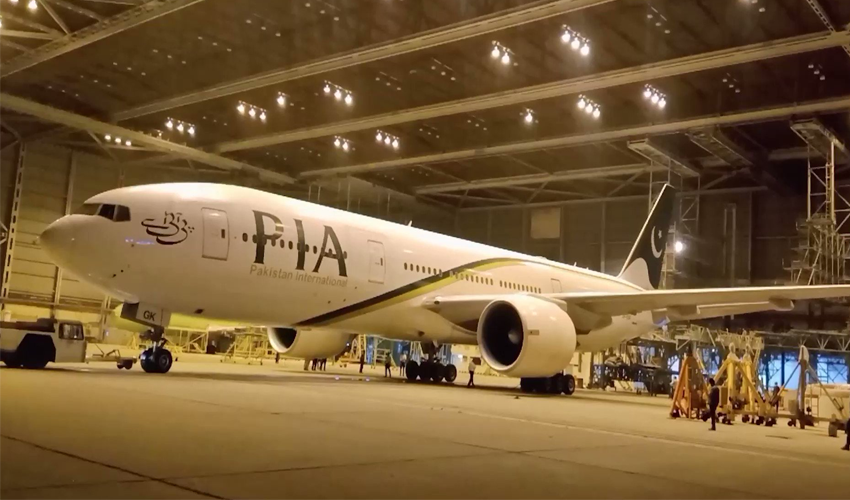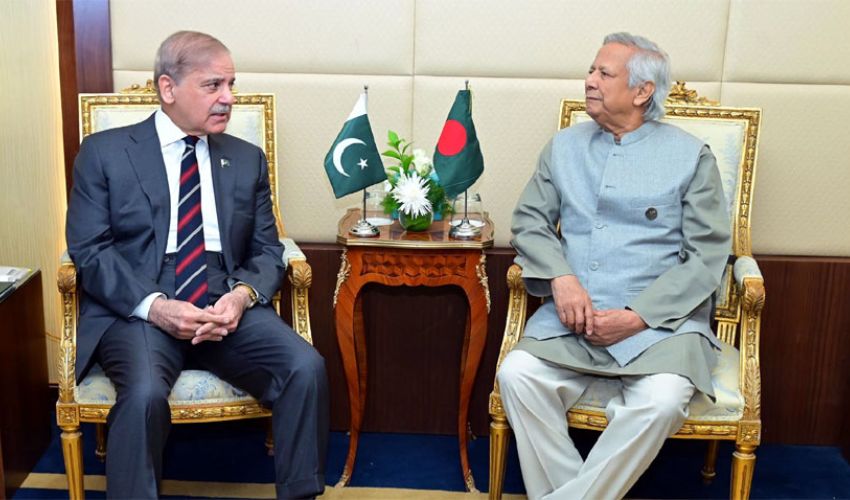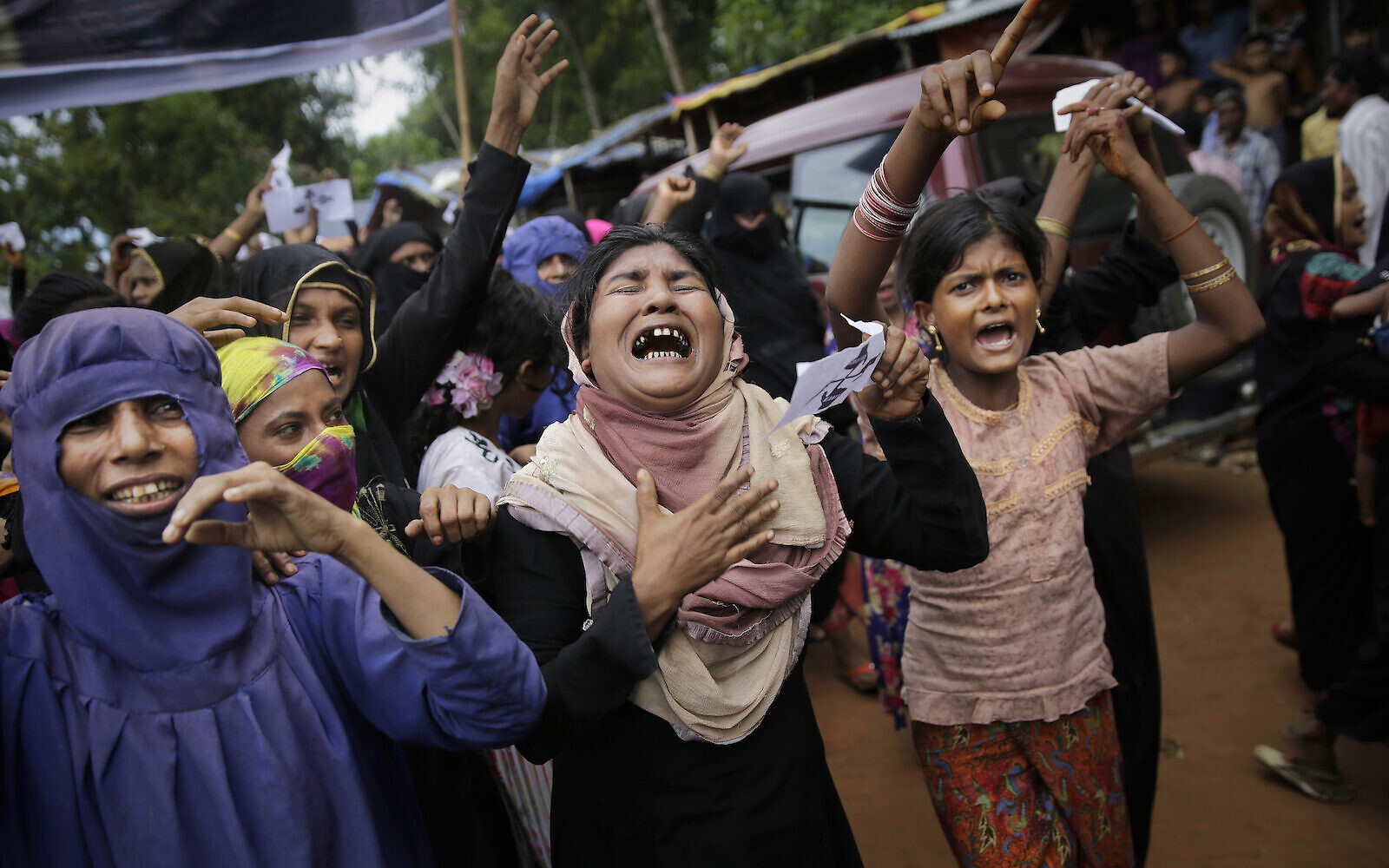The Election Commission of Pakistan (ECP) put on Monday a halt to the caretaker government's attempts to privatize national assets, specifically Pakistan International Airlines (PIA).
The ECP, in a stern letter addressed to the Cabinet Secretary, invoked Article 230 of the Constitution, delineating the scope and constraints of the caretaker government's authority.
Sources privy to the development said that the Election Commission's intervention came in response to the Federal Board of Revenue (FBR)'s plans to proceed with the privatization of PIA without seeking prior approval from the ECP.
The letter, sent a week before the upcoming general elections, directed the caretaker government to cease all actions related to the privatization process until the Election Commission decides on Section 230 of the Constitution.
Cabinet Secretary Kamran Ali Afzal had previously raised concerns over the caretaker government's moves to privatize public institutions, prompting the Election Commission's scrutiny.
The ECP's directive explicitly instructed the caretaker government to submit all relevant documents related to the privatization of PIA, as mandated by the Privatization Commission Ordinance 2000 and Clause 5 (b) of Section 230 of the Constitution.
This isn't the first instance of the Election Commission intervening in the caretaker government's decisions. Earlier, the ECP blocked attempts to reform the FBR, stressing in a letter to the interim premier dated January 30, that major reforms should be deferred to the incoming elected government.
The Election Commission underscored the constitutional framework, stating that while improving and reforming public institutions is crucial, the caretaker government's role, as defined in Section 230 of the Elections Act, 2017, is limited to day-to-day affairs.
With the caretaker government now required to provide documents on the PIA privatization plan, the Election Commission's directive has implications for the Cabinet Division.
As the Election Commission remains focused on its primary responsibility of overseeing the upcoming general elections, time and attention for day-to-day government affairs, including reforms, may be limited.

























